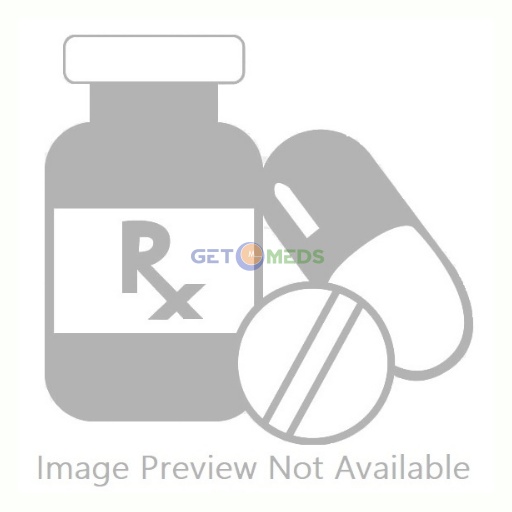No Related Products!
There is no related products found.
All Details About Fibrinorel 1gm Injection
Find out detailed description, uses, directions of use, side effects, warnings and precautions, frequently asked questions about Fibrinorel 1gm Injection
Description:
Fibrinorel 1gm Injection is an injection for controlling bleeding in fibrinogen deficiency. It treats acute bleeding in congenital conditions like afibrinogenemia or hypofibrinogenemia and provides fibrinogen for acquired deficiencies. It stabilizes bleeding and supports clotting in emergencies or surgeries.Fibrinorel 1gm Injection may be used alone or in combination with other medicines. It is generally administered by a doctor or a nurse in a clinical setting. Avoid missing doses if multiple infusions are required. Keeping proper fibrinogen levels is important for managing bleeding effectively. Follow your doctor’s instructions carefully to ensure the treatment is as effective as possible.
Ordinary side effects of Fibrinorel 1gm Injection include abnormal liver function, nausea, vomiting, fever, acute kidney injury, anemia, and kidney problems. If you experience any severe or persistent symptoms, consult your doctor.
When using Fibrinorel 1gm Injection, monitor for signs of hypersensitivity reactions such as hives, chest tightness, or wheezing, and consult a doctor if these occur. Proper medical supervision and adherence to recommended guidelines are essential for safe use. Pregnant or breastfeeding women should consult their doctors before receiving Fibrinorel 1gm Injection.
Uses:
Directions For Use:
Your doctor or nurse will give you this medicine. Compassionately do not self administer.Side Effects:
Most side effects do not require any medical attention and disappear as your body adjusts to the medicine. Consult your doctor if they persist or if you’re worried about themOrdinary side effects of Fibrinorel
- Abnormal liver function
- Acute kidney injury
- Anemia (low number of red blood cells)
- Atrial fibrillation
- Delirium (acute confusional state)
- Renal failure
- Nausea
- Vomiting
- Thrombocytosis
Warning & Precautions:
FAQs:
Are there any precautions while using Fibrinorel 1gm Injection?
What are the signs of a serious reaction to Fibrinorel 1gm Injection?
Can Fibrinorel 1gm Injection be used for all fibrinogen-related disorders?
Written by:
Dr. Lokanish
M.B.B.S.
Reviewed by:
Dr. Sureshbabu Yadav
M.B.B.S., DIP.DIAB, F.R.S.H
Disclaimer:
Getomeds primary intention is to ensure that its consumers get information that is reviewed by experts, accurate, and trustworthy. The information and contents of this website are for informational purposes only. They are not intended to be a substitute for professional medical advice, diagnosis, or treatment. Please seek the advice of your doctor and discuss all of your concerns about any disease or medication. Do not disregard or postpone seeking professional medical advice because of something you read on Getomeds. Our mission is to support, not replace, the doctor-patient relationship.
